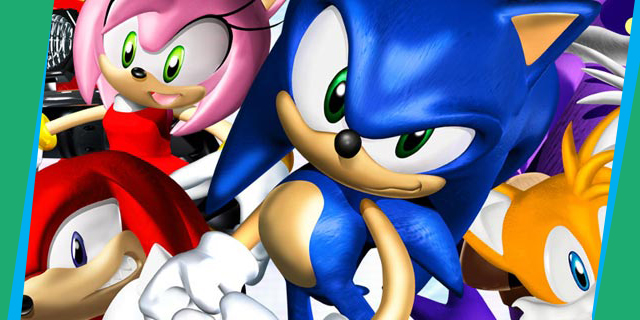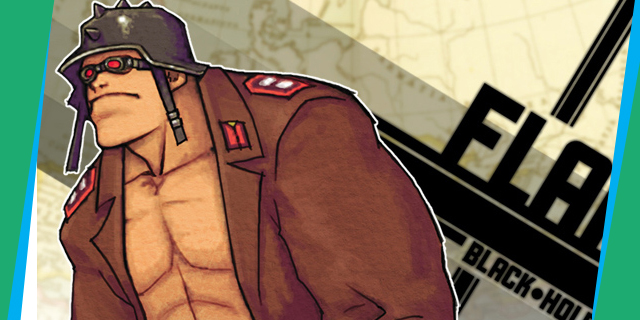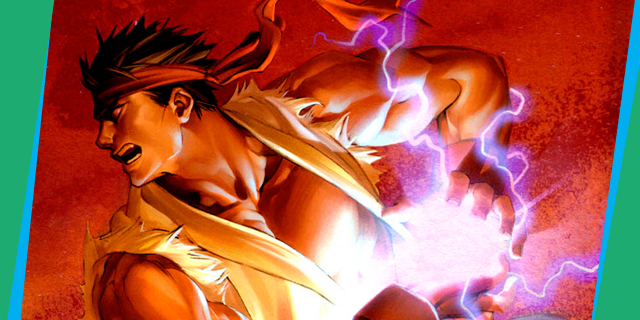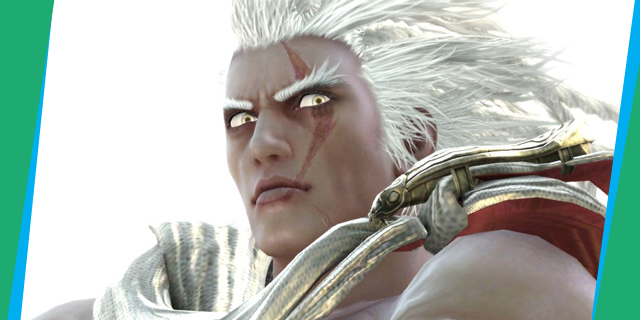Editor’s note: Check out part one of this feature here.
Some gamers like to identify with the avatars they are controlling. It’s only natural to want to play the characters that appeal to us. Not everyone gets a sense of accomplishment by just beelining it for the most powerful individuals. Some of us need the aesthetics to help make our choices and character themes tend to appeal to us emotionally invested gamers more than visual design.
Before jumping in, I’d like to note that character themes tend to be featured more prominently in games with larger casts of playable characters. It’s more common to see them in JRPGs and fighting games than in adventure or platforming games, where the game is more about the experience than it is the individual’s achievements.
While character themes should never be the reason to like a character, they certainly added much needed flair to those that we may not necessarily enjoy otherwise. Take for example The Black Hole forces in Advance Wars 2 or Advance Wars Dual Strike.
The characters Flak, Adder and Koal (Jugger gets a free pass for being a robot) tend to come to mind when I think of characters that could really use a personality boost. They ooze that generic evil-guy personality that is hardly interesting. Luckily, they have interesting skills that make up for the fact that the rest of the cast outshines them, but if they didn’t have a rocking character theme to go with the skill it would be fairly dreary to play as them for hours on end.
And that is where there is a caveat to musical themes; the player may be listening to them for the majority of the game. This is a bigger problem in the field of fighting games than anywhere else. Since there is not a whole lot going for fighting games in terms of progression or story, it helps lengthen a game’s appeal if the rest of the package is top-notch. No one wants to fight the same group of personas over and over if the presentation is lame.
The music really counts here because it gets the player excited to go toe-to-toe with these other pugilists time and time again. Ryu’s theme from Street Fighter 2 is one of those legendary video game songs, and it got there by being iconic and… well… good. It really paints him as an important protagonist, and makes it feel like the fight ultimately matters.
Remember last week when I said games like Bit.Trip Runner successfully made a recurring theme work throughout the soundtrack? It avoided monotony by tweaking what we were listening to world to world. Sometimes it helps to have a central genre of music for the themes to revolve around. Everyone has tastes, and when you are in the mood for country music you generally are not also in the mood for hip hop.
Sonic Adventure DX is chock full of notoriously cheesy (and somewhat awful) character themes that defiantly try to make cross genre cohesion work. One needs only to listen to the themes for Big the Cat and Knuckles the Echidna back to back to realize how awful it would be to listen to the soundtrack for Sonic Adventure DX front to back. I am not the kind that can listen to high volumes of camp and keep my sanity intact (unless it’s the theme for Sonic Adventure 2‘s Pumpkin Hill Zone). The whole soundtrack would probably work better if voices were not included, but as it stands, it’s fairly grating.
That being said, it’s hard to take hip-hop or hard rock-based themes seriously. Generally these genres are meant to represent characters who could be seen as hardcore or badass, but when you turn the attitude dial up to eleven it generally means you are compensating for something. It works for outlandish character designs like you see in Guilty Gear or F-Zero GX, but in cases like Soul Calibur V where Algol’s theme has balls-to-the-wall rock riffs while everyone else’s is fine with having grandiose orchestral themes, you are just ruining the experience.
When it comes down to it, though, one should never let a musical experience dictate their overall enjoyment of a game. If a game’s mechanics are crap and a player is still able to slog through it, then that means the other departments are doing their job well, but that should never be a free pass to continue creating sub-par content. It works in reverse as well, just because the game plays well doesn’t mean it couldn’t benefit from some additional personality. It’s important to balance these things in order to reach the broadest audience possible.
Next week, Grant wraps up with a listener’s guide to some of the best video game music out there.























